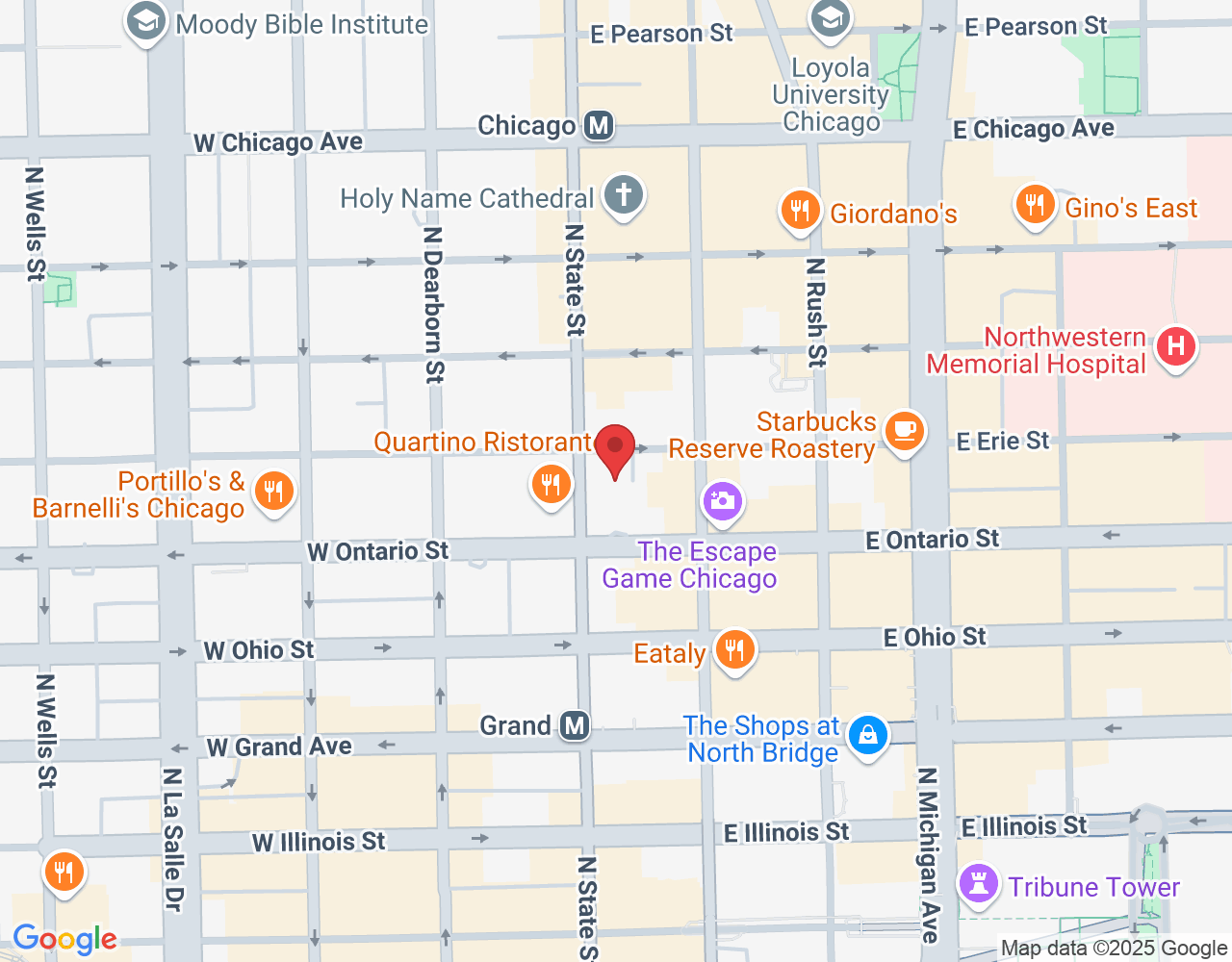
Securing Life Insurance for Seniors Over 80: A Guide
When considering life insurance as a senior over 80, several factors warrant consideration. Your age and health can significantly influence your premiums and the most suitable coverage for your needs.
For instance, obtaining coverage may prove more difficult if you have pre-existing conditions or are experiencing cognitive decline associated with dementia or Alzheimer's disease.
To gain comprehensive insight into purchasing burial insurance for seniors over 80, it's essential to thoroughly read this blog post from start to finish.
Understanding Life Insurance for Seniors Over 80
Life insurance for seniors over 80 is a specialized form of coverage tailored to individuals in this age bracket. It typically encompasses options such as final expense insurance, whole life insurance, or guaranteed issue policies, all aimed at providing financial assistance for end-of-life expenses or leaving a legacy for loved ones. Premiums are often higher due to seniors' advanced age and potential health concerns, and coverage options may be more limited compared to younger age groups. Seniors should meticulously assess their specific needs, beneficiary designations, and seek quotes from insurers specializing in coverage for seniors over 80, while also exploring other financial planning options for retirement and end-of-life expenses.
Determining Life Insurance Needs for Seniors Over 80
In most cases, funeral expenses typically range between $7,000 and $10,000. Opting for a more elaborate ceremony or floral arrangements can significantly increase costs. For larger families, the expense may escalate further due to additional attendees.
Failing to leave sufficient funds to cover burial expenses can add to the stress your loved ones already face when making life-planning decisions such as selecting a casket style or arranging floral tributes.
Families are meant to support each other, but what happens after a loved one passes away?
Will they have the financial means to cover funeral expenses, especially if the death is sudden or no prior planning has been undertaken?
As a senior or grandparent, inadequate planning for burial expenses can leave your family grieving your loss while grappling with financial stress. The right insurance plan ensures essential burial expenses are covered, allowing loved ones to focus on grieving rather than financial obligations.
While you may view this as self-protection, these policies also provide security for your spouse, children, and grandchildren, shielding them from life's uncertainties when they need it most!
Which Company Should I Choose and What are Their Benefits?
For those solely seeking coverage for funeral and final expenses, burial insurance can be the ideal option. Also referred to as final expense coverage, it's tailored for older individuals needing modest coverage at this stage of life, although not all insurers offer it.
Imagine passing away suddenly and discovering your insurance only provides $1,000 in coverage. How would your family manage the rest?
If safeguarding against such scenarios interests you, read on. Burial insurance typically covers all funeral expenses, including cremation or burial, up to a specified amount.
This type of life insurance often includes provisions for others needing funds to handle funeral arrangements. These individuals, often friends or family, may pledge assistance even if they weren't previously aware of the need.
Above all, avoid hybrid insurance policies from companies such as Colonial Penn, AARP, and Globe, as their coverage decreases with age and expires at a certain age.
Why Choose Whole Life Insurance Over Term Insurance for Seniors Over 80?
Opting for a no medical exam life insurance policy simplifies the process. Traditional policies typically involve underwriting, which entails a significant and often costly medical examination.
By eliminating the need for a medical exam, this process becomes more convenient for customers. They don't have to take time away from work or family responsibilities for extensive medical evaluations. Instead, they only need to fill out paperwork with basic health questions, maintaining potential coverage levels and rate pricing.
To reiterate:
Traditional insurance coverage requires a medical exam as part of the underwriting process.
Guaranteed-issue (GI) life insurance plans are available without any health-related questions, unlike simplified issue life insurance, which involves only a medical questionnaire.
Is There a Way to Save Money on Premium Payments or Pay Them Off Early?
You have two options for reducing the cost of your life insurance premiums. One is to opt for a Single Pay Whole Life policy and pay annually.
Single premium whole life insurance is a variant of permanent life insurance. It offers the added benefit of accumulating cash value, which grows over time at a fixed interest rate.
Whole life insurance is a prudent investment for those seeking to secure their future and ensure peace of mind. These plans offer flexibility in premium payment options, including the number of annual payments required to maintain the death benefit and the frequency of monthly premium payments. With these choices, you can select the option that best suits your needs.
Whole-life insurance provides flexibility in premium payments, as there is no set amount or frequency required. Instead, payments are determined by the policyholder's preferences and available funds.
What if I'm Not Eligible for a Policy Now Due to Health Reasons – How Will It Impact Me in the Future When I'm Over 80?
Final expense life insurance, a type of permanent life insurance, serves those who may not qualify for traditional term or whole life policies, often due to poor health.
This cost-effective option ensures that your loved ones won't face unnecessary financial burdens by covering these expenses if something were to happen unexpectedly.
There are two types of final expense life insurance, both providing lifetime coverage without cash value:
Simplified Issue: This type doesn't require a medical exam but does ask health-related questions. It's popular because it's easier to get approved without physical testing. However, conditions like cancer or residing in assisted living may lead to denial.
Guaranteed Issue: These plans have fewer requirements and ask fewer questions during application, making them more affordable and accessible. They are suitable for both younger individuals and those over 80.
These regulations benefit individuals of various ages, ensuring coverage even for seniors over 80.
Conclusion
Have you considered the implications for your family if something were to happen? While it's an unpleasant thought, finding peace of mind can make it less daunting.
If you're over 80, have faced denial for life insurance coverage before, or seek a cost-effective way to enhance your coverage without undergoing a medical exam, a simplified issue whole life policy might be the ideal solution for you. Get a quote today!
Evaluate quotes from leading insurance providers
Compare quotes from top insurance carriers
Best Plan For Me
Qualified Health Impairments
This site provides life insurance information and quotes. Each rate shown is a quote based on information provided by the carrier. No portion of BestBurialPolicy.com may be copied, published or distributed in any manner for any purpose without prior written authorization of the owner.




